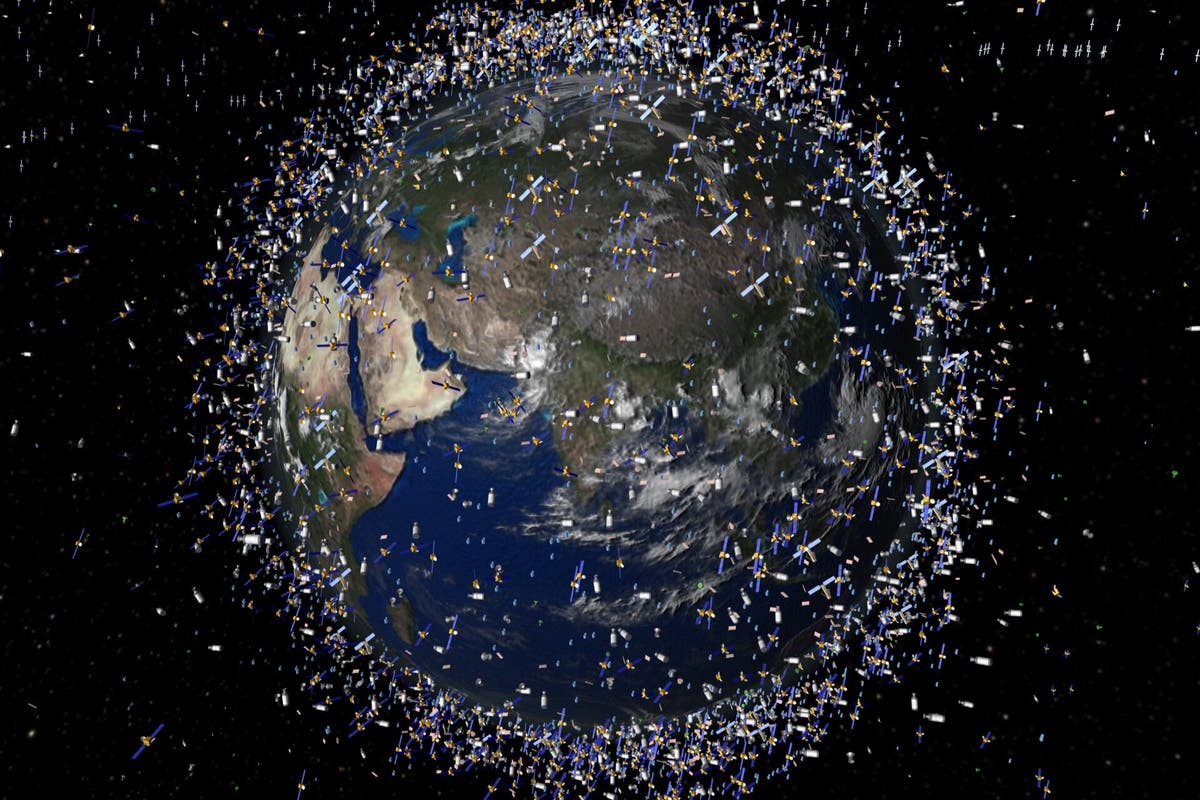
In a remarkable development, Elon Musk's SpaceX has launched its 7,000th Starlink satellite, solidifying the company's control over nearly two-thirds of all active satellites orbiting Earth. This milestone underscores the rapid expansion of the Starlink constellation, which has been growing at an astonishing rate of three satellites per day since its inception in 2019.
According to recent data from CelesTrak, a non-profit satellite tracking organization, SpaceX currently operates 6,370 active Starlink satellites in low-Earth orbit. This figure represents over 62% of all operational satellites and dwarfs the fleet of Starlink's nearest competitor, OneWeb, by a factor of ten.
The Starlink project aims to provide global high-speed internet and phone connectivity. With a presence in 102 countries and over three million subscribers, the network has already made significant strides towards this goal. Users can access the service through a $300 ground-based dish and a monthly subscription fee.
SpaceX's ambitious plans don't stop here. The company intends to launch up to 42,000 satellites to complete the Starlink constellation, further expanding its reach and capabilities.
While Starlink's growth has been impressive, it has also raised concerns about the concentration of power in the hands of Elon Musk, the world's richest individual. As the owner of both SpaceX and social media platform X (formerly Twitter), Musk's influence extends beyond satellite communications.
This influence was recently highlighted when Brazilian lawmakers introduced a ban on X. Initially, Starlink made the app available to its customers in Brazil, but later complied with the blocking order, demonstrating the complex interplay between Musk's various business interests and regulatory challenges.
As Starlink continues to expand, questions about the implications of this satellite dominance are likely to persist. The project's potential to provide internet access in remote areas and during crises is balanced against concerns about space debris, light pollution, and the concentration of control over global communications infrastructure.
With plans to launch in more countries and potential customers finding ways to access the service even in restricted areas, Starlink's influence on global connectivity is set to grow further. As this space race unfolds, the world watches to see how Elon Musk's satellite empire will shape the future of global communications.